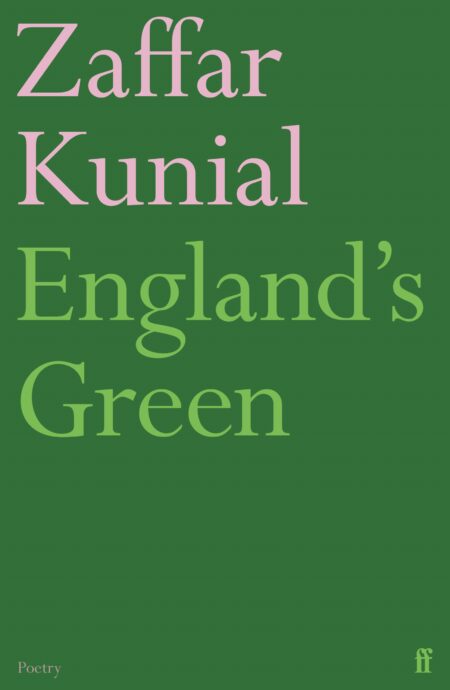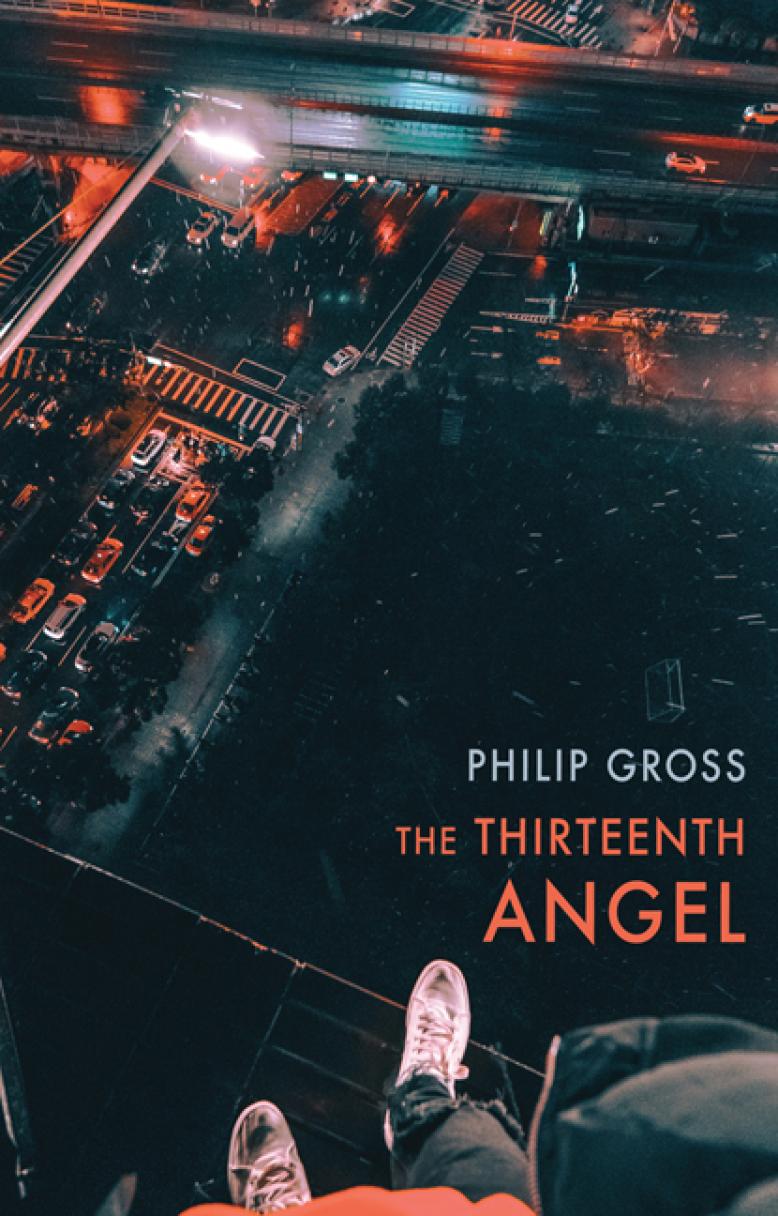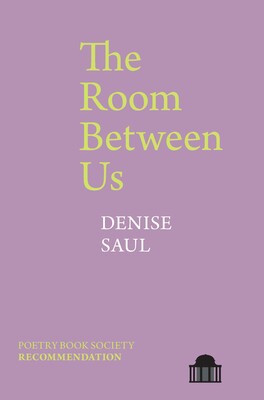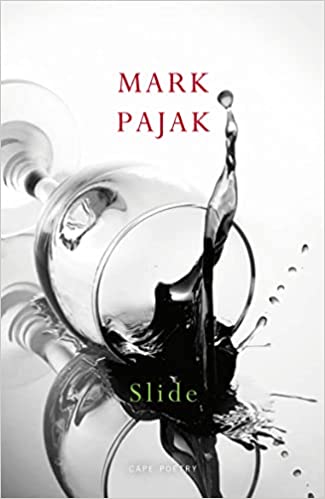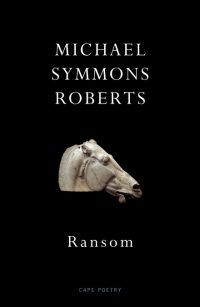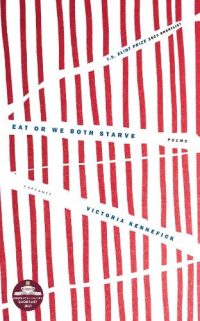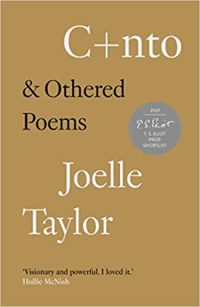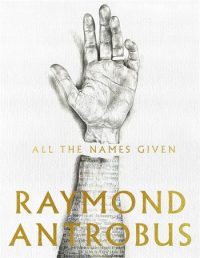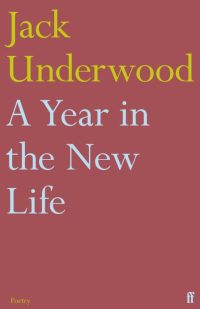England’s Green (Shortlisted, TS Eliot Prize)
England’s Green is Zaffar Kunial’s second poetry collection. Everything about England in our cultural subconscious is intimated beautifully in these two words; the reader knows intuitively that within these pages there will be a world of exploration on that theme. Kunial’s previous collection, ‘Us’, was shortlisted for many poetry prizes, and was highly praised for its ‘ability to find meaning and symbolism in the hearth and home’. This collection undoubtedly sustains that investigation into the meaning of ‘home’.

